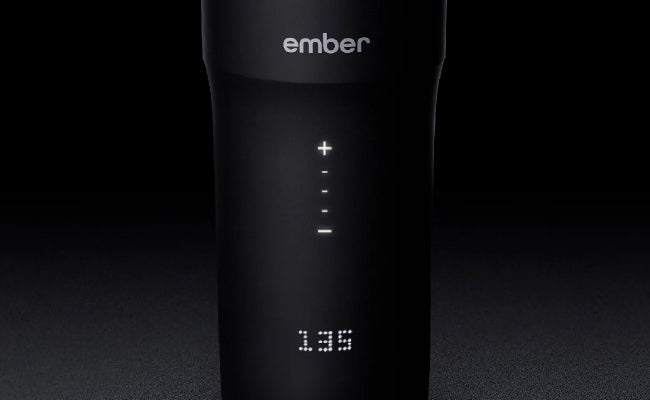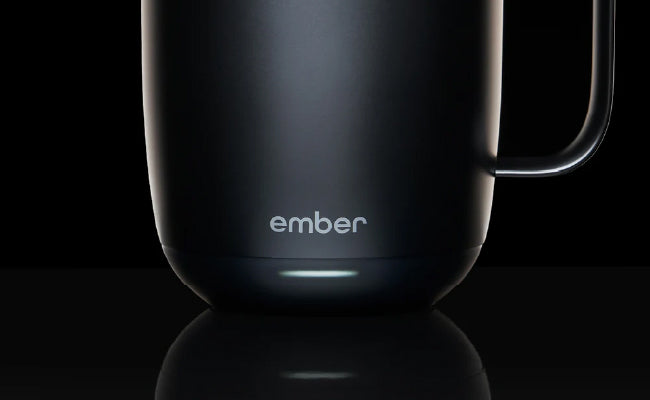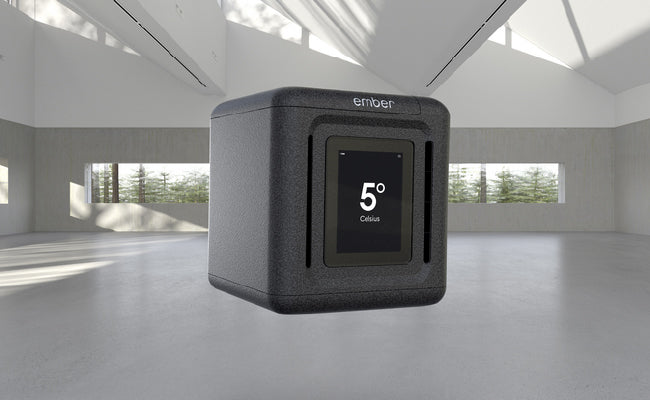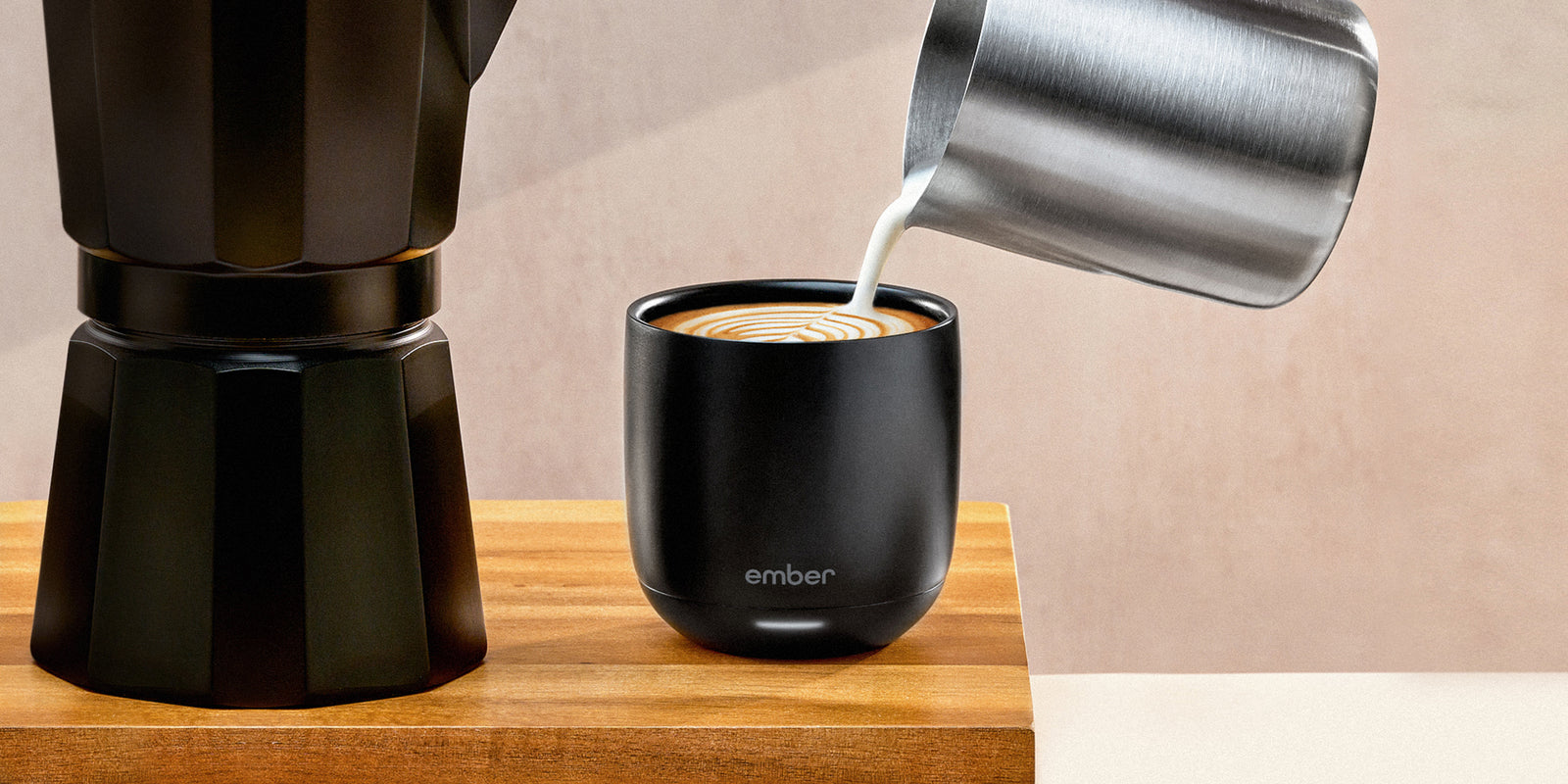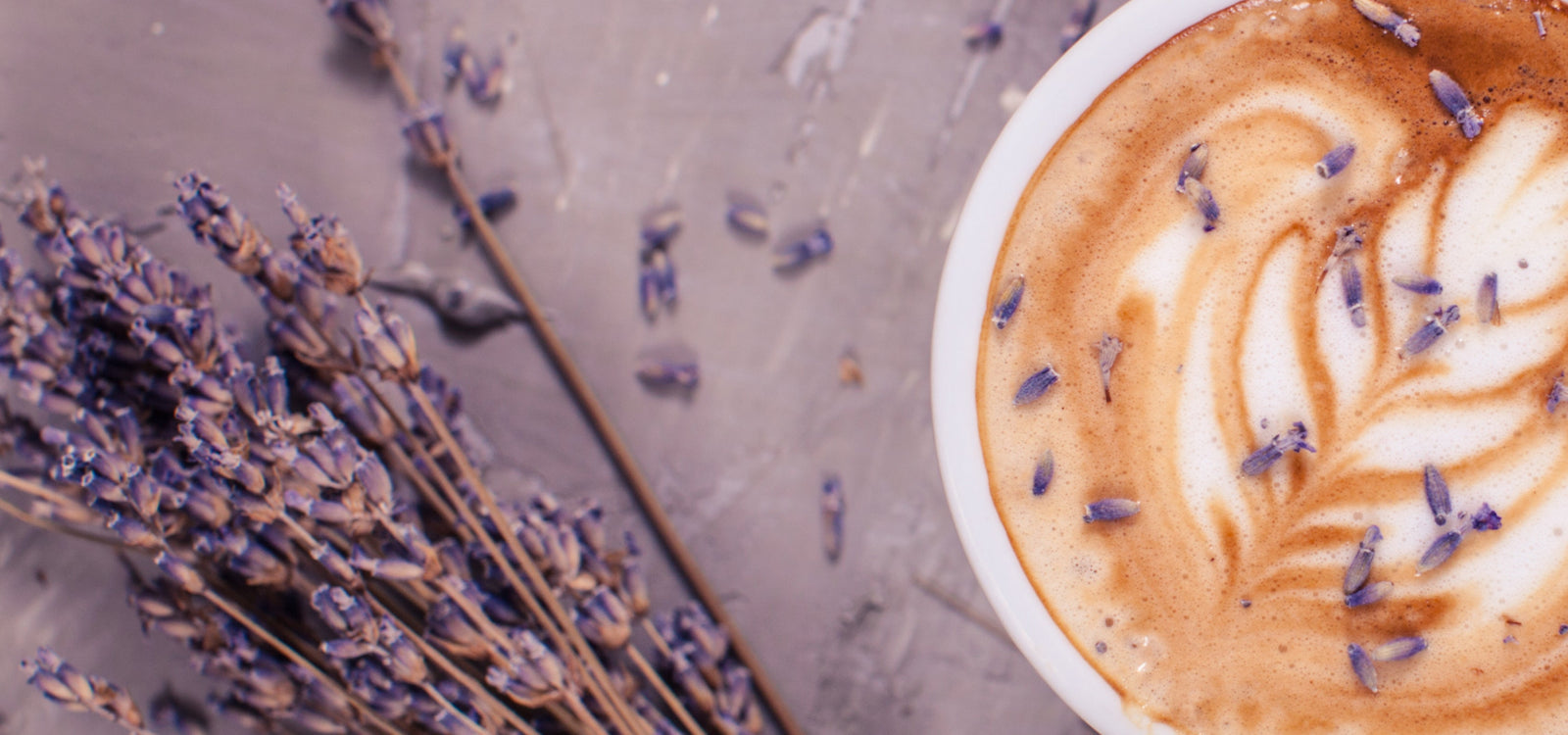While plenty of people love different types of espresso drinks, not everyone has the space in theirat-home coffee nook to house a robust espresso machine. Fortunately, the moka pot serves as a compact alternative that allows you to get that big espresso flavor at home while preserving precious countertop space.
What is a Moka Pot?
Originally created in 1933 by Italian engineer Alfonso Bialetti, the moka pot is a three-chamber percolating device that allows for espresso-style coffee to be made on a standard stovetop, though electric ones now exist. Relying on no more than pressure and steam created by the stovetop’s heat, the moka pot pushes hot water up from the bottom chamber through the coffee grounds above and into the kettle, which is where the beverage collects and from where it can be poured.
Thanks to the construction of the moka pot, no additional coffee filters are required, as the grounds are trapped beneath the filter plate that holds the coffee grounds in place below the extraction.
Best Uses for a Moka Pot
Coffee made from a moka pot is quite similar to espresso in that it is rich, intense, and carries a thick mouthfeel. This is because the coffee-to-water ratio of most moka pots is generally around 1:7, which means that the resulting brew is far more concentrated than normal coffee. Thus, moka pots are best used to createdifferent types of espresso drinks such as lattes, cappuccinos, macchiatos, and more.
Some folks are not a fan of moka pots, as they claim the coffee which comes from it tastes burnt. However, if you know how to employ a moka pot correctly, you can serve up some heavenly brew from this device.
That said, it is worth noting that the coffee that comes out of a moka pot is not actually espresso. However, the flavor is still mighty close, which means that as long as you know how to steam milk like a barista and use a moka pot properly, most people won’t be able to tell the difference.

How to Use a Moka Pot Properly
- Start with dark or espresso roast coffee beans and ensure that you are using an appropriate moka pot grind size, which is medium-fine to fine. Grind enough beans to completely fill the filter basket evenly. Don’t pack the grounds.
- Fill the water chamber at the bottom with hot water up (approximately 158˚ F) but do not exceed the pressure value. Assemble the moka pot.
- Place the pot on a burner at medium heat and allow it to sit. Ensure the lid is up so that you can monitor the beginning stages.
- When coffee begins to flood into the kettle, turn the heat down by approximately 50 percent.
- When the coffee reaches the moka pot’s spout or when the water is depleted (should take 4 to 5 minutes), remove the pot from the heat.
- Pour and enjoy!
Best Way to Serve Moka Pot Beverages
Because moka pots are uniquely suited for making espresso-type drinks, it is best to serve them in the appropriate drinkware. If you want to make the absolute most of your moka pot creations, it is best to serve them in an Ember Cup.
The Ember Cup has been engineered with espresso drinkers in mind. While retaining the heating technology of the Ember Mug², the Ember Cup’s 6 oz, handle-less design allows the cup to sit perfectly in the palm of your hand while you enjoy any number of perfectly-heated espresso-based beverages.
Making Moka Pot Coffee an Art
Similar to using an espresso machine, there is a slight learning curve to getting moka pot coffee just right. But with a bit of practice and patience, you can elevate moka pot coffee to the level of artistry.




